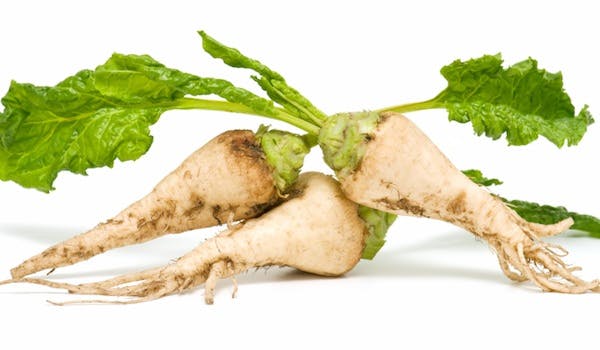The NSW Government has awarded a grant to the UTS Institute for Sustainable Futures (ISF) in order to make food sustainability part of the curriculum for those entering the food industry.
The initiative, which will be drawing on the resources from the NSW Environment Protection Authority’s Love Food, Hate Waste program, will attempt to curve Australia’s food wastage by targeting those on their way into the industry, such as student chefs and aspiring event managers.
The Environment Protection Authority (EPA) has revealed that NSW households are throwing away $2.5 billion dollars worth of edible food each year. This works out to around 20 per cent of what the average household buys annually.
ISF Research Principal Jade Herriman says that prevalence of food wastage comes down to the fact we can’t see exactly what is being lost.
“Imagine if we could weigh or photograph all the waste from our day-to-day cooking and how that might affect our cooking practices?” says Herriman.
“Targeting people embarking on a career in the food industry – whether that be student chefs, front-of-house wait staff or event managers – is one way of spreading the Love Food, Hate Waste message through the community.”
The curriculum will be encouraging a range of practices to promote food sustainability. One such practice is Root-to-Stalk cooking – advocating clever ways to use the whole vegetable.
Ultimately, the plan is to further embed food saving concepts in the food industry.
“It’s about planning your menus so that you only buy what you need; it’s about storing food properly so it doesn’t spoil but it can also be something as simple as not skinning the carrots you are cooking, or using beetroot tops in a salad, akin to the nose-to-tail concept,” Herriman says.
“It’s about getting the idea of not wasting food front and centre for students.”

